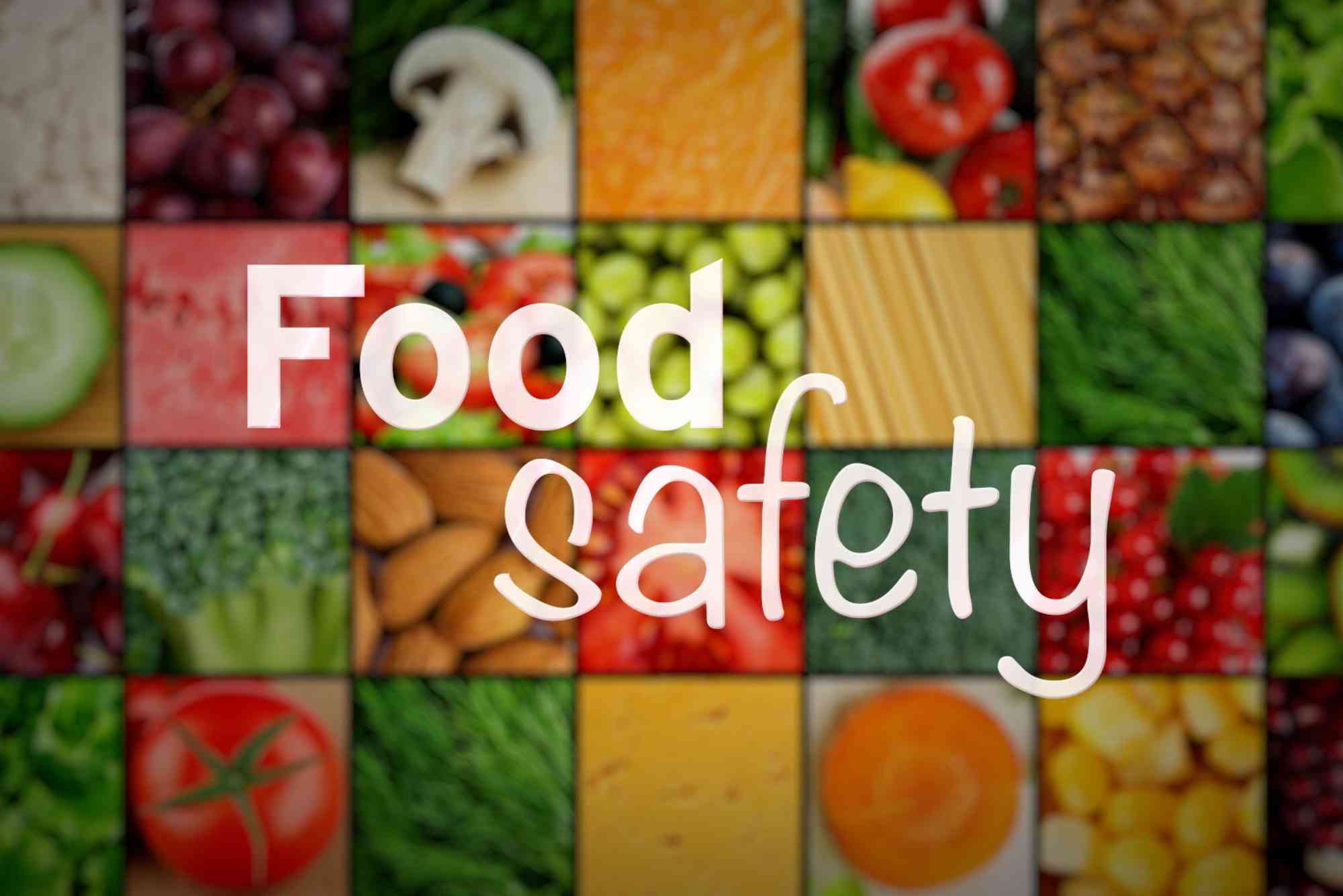Strong Food Safety Resume Objective Examples for Job Seekers
Starting a job in food safety requires more than just knowledge of hygiene protocols and regulatory standards. Your resume is often the first impression you make, and the resume objective is your introduction. A well-written food safety resume objective can set the tone for the entire application, clearly expressing your goals and qualifications to hiring managers.
In today’s competitive job market, employers want to see focused, relevant objectives that match their organizational needs. Whether you’re new to the field or a seasoned professional, crafting a compelling objective can elevate your resume from average to exceptional.
Why the Resume Objective Still Matters
The resume objective may seem outdated, but it still holds value, especially for entry-level applicants, career changers, or professionals targeting a specific role. In food safety roles, this section can quickly showcase your understanding of the industry, your attention to detail, and your commitment to public health.
A strong food safety resume objective is concise yet impactful. It gives hiring managers a reason to continue reading your resume and helps applicant tracking systems (ATS) identify your relevance for the job.
Elements of a Strong Food Safety Resume Objective
Clarity of Career Goal
Your objective should clearly state the position you’re applying for and the value you bring to it.
Relevance to the Job
Tailor your objective to each job posting. Highlight specific skills or certifications like HACCP, FDA compliance, or GMP standards that are mentioned in the job description.
Emphasis on Skills and Traits
Mention attributes that matter in food safety: attention to detail, analytical thinking, and a proactive approach to preventing contamination or compliance issues.
Brevity and Precision
An ideal objective should be 2–3 sentences. Avoid fluff. Use action words and stay focused on your professional strengths.
Food Safety Resume Objective Examples
Let’s look at strong examples based on experience level and career goals. These will help inspire your own version.
Entry-Level Candidates
If you’re just starting in food safety, focus on your educational background, enthusiasm, and relevant coursework or internships.
“Recent graduate in Food Science seeking an entry-level food safety role to apply knowledge of sanitation standards, microbial testing, and quality control protocols in a high-volume production environment.” Motivated and detail-oriented professional eager to launch a career in food safety. Bringing academic training in HACCP principles and lab testing procedures, along with a strong desire to support food quality assurance teams.”
Experienced Professionals
If you’ve been in the industry for a while, highlight your experience and leadership in previous roles.
“Experienced food safety specialist with 5+ years in food manufacturing, seeking a position to implement and monitor safety protocols, reduce risk, and ensure FDA and USDA compliance.”
“Certified food safety manager with a proven track record in leading internal audits and training teams on HACCP, looking to bring expertise to a dynamic quality assurance department.”
Career Changers
For professionals transitioning into food safety, it’s essential to emphasize transferable skills like attention to detail, process management, or health and safety compliance.
“Dedicated health compliance professional transitioning to food safety. Offering extensive experience in safety audits, regulatory reporting, and incident investigation, eager to contribute to a safe food production environment.”
Management Roles
When applying for a supervisory or managerial role, stress your leadership skills, certifications, and ability to train or oversee teams.
“Seasoned food safety manager seeking a leadership role to oversee HACCP systems, coach teams, and drive continuous improvement in food quality assurance practices.”
Specialized Positions
If you’re targeting a niche role like microbiologist, auditor, or compliance officer, tailor your objective to the specific duties of the position.
“Certified food safety auditor with expertise in ISO 22000 and BRC standards looking to support businesses in maintaining excellence in food safety management systems.”
Tips for Customizing Your Resume Objective
Your objective should not be generic. Each employer has unique expectations. Take the following steps to customize your objective effectively:
Read the Job Description Carefully
Identify the key qualifications and preferred skills. Match your resume objective with those terms naturally.
Use Keywords Strategically
Integrate important industry terms like “preventative controls,” “regulatory compliance,” “FSMA,” or “risk assessment” when appropriate.
Focus on Value
Instead of just stating what you want, explain what you offer. How will hiring you benefit the company? That’s what employers want to see.
How a Strong Objective Can Improve Your Resume
While the resume objective is only one part of your resume, it helps shape the reader’s understanding from the start.
- It aligns your goals with the company’s mission.
- It sets the tone for the rest of the resume.
- It shows intentionality — that you’ve done your research.
- It can increase your chances of making it through ATS filters.
Common Mistakes to Avoid in Food Safety Resume Objectives
Avoiding the following mistakes can make your resume more effective and professional:
- Being too vague: Saying “Looking for a job in food safety” does not communicate value.
- Using clichés: Phrases like “hard worker” or “go-getter” don’t offer real information.
- Ignoring the job description: Employers want to see alignment, not a one-size-fits-all statement.
- Being overly wordy: Brevity is key. Keep your objective to the point.
Real-World Inspiration for Different Roles
Here are a few more tailored food safety resume objective examples for different job titles:
- Quality Assurance Technician: “QA technician with 3 years in food manufacturing, aiming to apply knowledge of FDA standards and quality assurance checks in a fast-paced production environment.”
- Food Safety Auditor: “Certified internal auditor seeking to support clients with food safety assessments and recommendations to meet GFSI benchmarks.”
- Production Supervisor with Food Safety Focus: “Team leader with 8 years of experience in production and sanitation, aiming to ensure compliance with safety standards while optimizing operational workflows.”
Each of these examples incorporates industry language, highlights relevant skills, and shows intent — all key components of an effective objective.
Take the Next Step in Your Food Safety Career
Your food safety resume objective is more than just a placeholder. It’s your chance to align your career goals with an employer’s needs from the very first line. By crafting an objective that is targeted, relevant, and clear, you stand out in a field where attention to detail matters deeply.
Whether you’re new to the field or a certified expert, now is the time to strengthen your resume and take your job search to the next level. Ready to update your resume? Start with your objective and watch the rest fall into place.
FAQ
What is a good objective for a food safety resume?
A good food safety resume objective highlights your experience, key skills (like HACCP, GMP, or audits), and what you aim to bring to the employer’s food safety system.
Should I include an objective on my food safety resume?
Yes, especially if you’re entry-level, changing careers, or targeting a specific role. It can help clarify your intent and value to the employer.
How long should a resume objective be?
Keep it to 2–3 sentences. Focus on clarity and relevance rather than general statements.
Can I use the same objective for every food safety job?
No. Always customize your objective to match the job posting. Tailored objectives perform better with hiring managers and applicant tracking systems.
What skills should I mention in a food safety resume objective?
Mention skills like regulatory compliance, sanitation procedures, auditing, HACCP, FSMA knowledge, and risk assessment — depending on the job.





